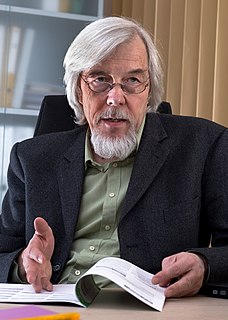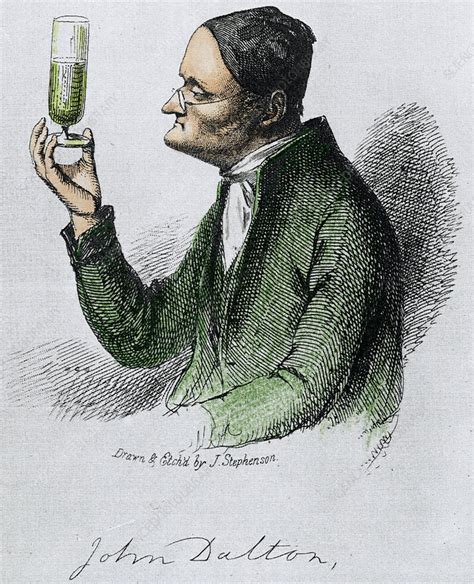A Quote by Rolf-Dieter Heuer
Whatever basic science resolves, at some stage it is of use to society. The problem is we do not know when or where.
Related Quotes
Unless we realize that the essence of Nazism is also an attempt to solve a universal problem of Western civilization - that of the industrial society - and that the basic principles on which the Nazis base this attempt are also in no way confined to Germany, we do not know what we fight for or what we fight against... The war is being fought for the structure of industrial society - its basic principles, its purposes, and its institutions.
If you sense a deep human need, then you go back to all the basic science. If there is some missing, then you try to do more basic science and applied science until you get it. So you make the system to fulfill that need, rather than starting the other way around, where you have something and wonder what to do with it.
It is a fact that unless children are brought up in the nurture and admonition of the Lord, they, and the society which they constitute or control, will go to destruction. Consequently, when a state resolves that religious instruction shall be banished from the schools and other literary institutions, it virtually resolves on self-destruction.
The private motives of scientists are not the trend of science. The trend of science is made by the needs of society: navigation before the eighteenth century, manufacture thereafter; and in our age I believe the liberation of personality. Whatever the part which scientists like to act, or for that matter which painters like to dress, science shares the aims of our society just as art does.
In physical science a first essential step in the direction of learning any subject is to find principles of numerical reckoning and practicable methods for measuring some quality connected with it. I often say that when you can measure what you are speaking about, and express it in numbers, you know something about it; but when you cannot measure it, when you cannot express it in numbers, your knowledge is of a meagre and unsatisfactory kind; it may be the beginning of knowledge, but you have scarcely in your thoughts advanced to the stage of science, whatever the matter may be.
Above all, creators remain drawn to the age-old paradoxes that philosophy grapples with [and]...that art occasionally resolves...the problem of the one and the many; unity and variety; determinism and freedom; mechanism and vitalism; good and evil; time and eternity; the plenum and the void; moral absolutism and relativism... These are the basic problems of human existence, and as far as we possibly can we arrange things to forget them.



































